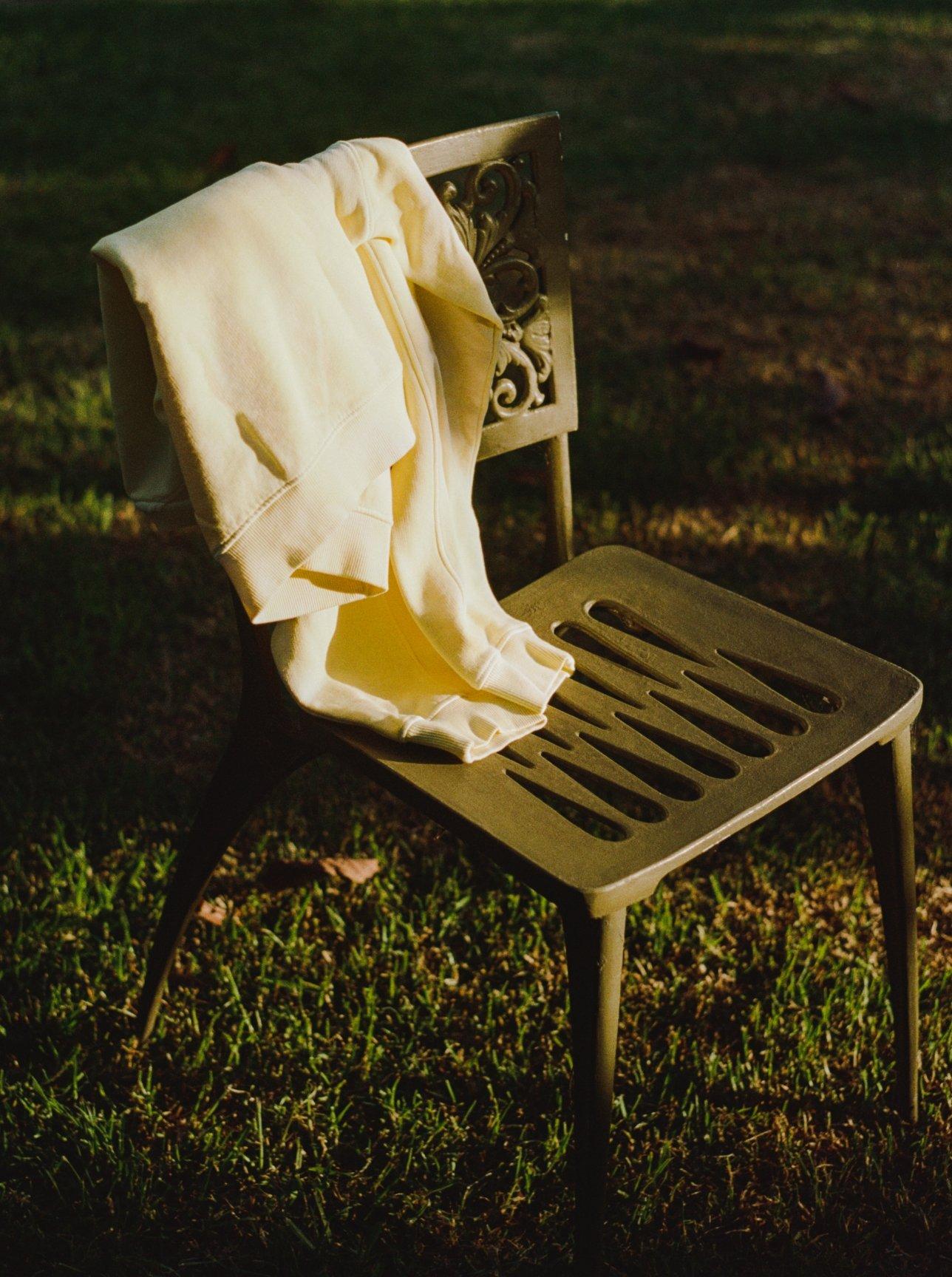THROUGH THE MOTIONS
Why we’re taking a moment for personal ritual

Words
ALICE VINCENT
Photography
SARAH PANNELL
An old friend and I have a running joke that we are self-soothing tidiers: that when we are anxious or are putting something off, we will straighten up the papers on our desks or wipe down the kitchen surface. It started when we were young: tidying the adolescent bedrooms with which we were so familiar, knowing where one another’s things belonged. Recently, she’s noticed her toddler daughter putting toys away of her own accord. Perhaps, she’s mooted, she is a self-soothing tidier too.
It’s made me think about personal ritual, and the habits we form to help us make sense of the world around us. All the familiar, repetitive beats that we put into our day: how we brush our teeth or check the mirror before we leave, reach for the same mug or leave our keys in the same bowl when we get in. Anthropologists and scientists have noted rituals appearing across history and across the world, from Brazilian simpatias – formulaic rituals deployed to ward off all manner of problems – to the habits deployed by Olympic athletes. People develop habits that help them feel better about facing the challenges ahead.
As an adult, I sometimes have to challenge myself to start my day despite leaving the mess from breakfast in the kitchen – perhaps I’m on a deadline and see these non-urgent tasks as a kind of procrastination. But I invariably fail. While I can recognise the instant gratification of tidying up as an easy win, versus the more elusive victory that comes from tackling the big deadline, I still find it easier to concentrate knowing I’ve undertaken that most banal of rituals.
There are constant temptations to whisk us into the new, into the realms of busyness. New holiday destinations, new trends, new nights out, new things to see and do and post on social media. And it’s tempting, and often fun, to get swept up with them. Sometimes they bring us enlightenment and inspiration. Sometimes they leave us feeling flat or overwhelmed. Returning to the familiar, to those personal rituals we have quietly honed for years, can help to ground us.
Personal rituals change with our lives, and what’s so intriguing about them is that the act of ritual in itself is more potent than what it may ward against. There’s no evidence to suggest that a prayer or a chant can aid a loved one to recovery, or send goodwill the way of those in need, but that doesn’t negate the fact that sitting in the company of others, sharing voice and breath and intention, can help us feel better about situations that are far beyond our control.
Over the years psychologists have studied the cognitive effect of ritual to better understand why we invest so much of our time and energy into something that can seem unrelated to our intentions. They’ve found that rituals can have many positive effects: performing them in a group can encourage people to feel closer to one another and improve social bonding and build a sense of trust. On a personal level, performing rituals has been found to increase happiness and a sense of control; they can even reduce feelings of pain and loss among the bereaved. “We don't actually know how most things work, so we do a lot of imitating," Cristine Legare, a professor of psychology at the University of Texas at Austin told NPR. Ritual allows us to fake it until we make it.
I’ve never been one for a skincare routine beyond washing my face and moisturising twice a day, but I know these moments of touch, of pattern, of product and care can be a crucial part of many people’s days. I’ve had years where I’ve started the day with time outside, quietly inspecting the plants I’m growing before hurtling into the hustle of work. And then I’ve had months where I’ve struggled to get beyond the back door for days on end. We go through phases and fads: a feverish, obsessive month of Bikram yoga, juice cleanses, bike rides, radio programmes, meditation apps and word games. In that moment, they offer us something that we didn’t know we needed.
Whether it’s something new we’re trying out, such as burning incense, the Pomodoro technique or building a walk into your commute, or something that was ingrained in childhood, rituals bring us back to ourselves when life feels all too much. Sometimes, it’s just easier to make space for ourselves to do the harder thing – and relish in the pleasing, everyday satisfaction that comes along for the ride.
Alice Vincent is a writer, broadcaster and multi-platform storyteller fascinated by the often-overlooked parts of life. You can read more from her via her newsletter, Savour.








